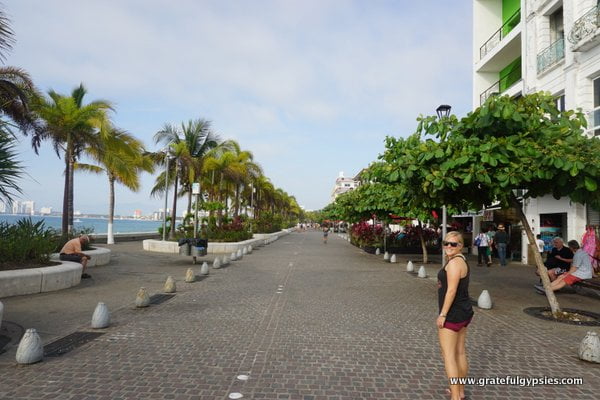Baseball Influence on Latin American Spanish: Exploring Common Expressions – OP
As the MLB’s winter season arrives, the echoes of «Play ball!» resound from Central America to the north coast of South America, where baseball (béisbol) has captivated young and old since its introduction in the 19th century. This all-time favorite American sport has become deeply ingrained in the culture of Latin American countries bordering the Caribbean Sea, leaving its mark on the Spanish spoken in the region. Let’s step onto the field and delve into some common expressions originating from the bat-and-ball game.
- Cuarto bate: Equivalent to the cleanup hitter or the fourth batter in the lineup, «cuarto bate» holds a special significance. In Venezuela, it denotes a high achiever who excels in their field. However, in Cuba, it is used to describe someone with a voracious appetite.
- Bate quebrado: «Bate quebrado» (broken bat) stands in contrast to «cuarto bate.» It refers to someone who consistently underperforms or displays mediocrity. For instance, in a work context, you might say, «Estoy seguro de que el nuevo empleado es un bate quebrado» (I’m sure the new employee is an average worker.)
- Estar en tres y dos: When someone in Puerto Rico or Venezuela says, «Estoy en tres y dos» (I’m in a three-two count), it means they are in an awkward position, caught between a rock and a hard place. In the Dominican Republic, «estar en tres y dos» is also used to describe a person who is seriously ill.
- Agarrar fuera de base: In Venezuela and Puerto Rico, when someone is unexpectedly caught in an unpleasant situation, it’s common to hear «Me agarró fuera de base» (I was caught off-guard or out of base). However, in Cuba and the Dominican Republic, «agarrado fuera de base» refers to someone being caught cheating on their partner.
- Quedar ponchado: «Quedar ponchado» (to get punched out) signifies being stupefied by someone or failing to accomplish something. For example, you might say «Quedaste ponchado en la entrevista de trabajo» (You failed miserably in the job interview).
- Recoger los bates: «Recoger los bates» (to pick up the bats) is a commonly used expression in Cuba when an event is about to conclude or has just finished. For instance, you might say «Se terminó la reunión, recojamos los bates» (The meeting is over, let’s wrap things up).
- Sacarla de jonrón: When you achieve something significant, like passing your driving test on the first attempt, you can say «La sacaste de jonrón» (You hit a home run). It signifies an extraordinary success.
Conclusion: By incorporating these expressions into your Spanish, you can strive to «sacarla de jonrón» and avoid «quedar ponchado.» The influence of baseball on the Spanish language in Cuba, the Dominican Republic, Puerto Rico, and Venezuela is evident, reflecting the sport’s deep cultural integration in these regions. Embrace these linguistic connections and enrich your Spanish vocabulary with the spirit of béisbol.



